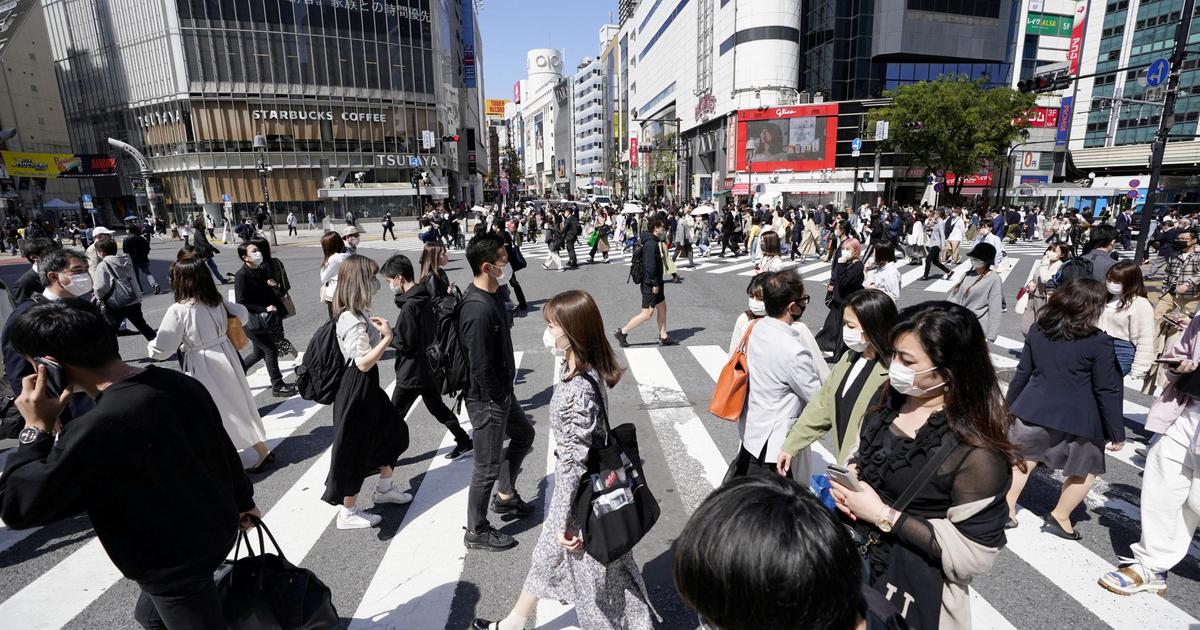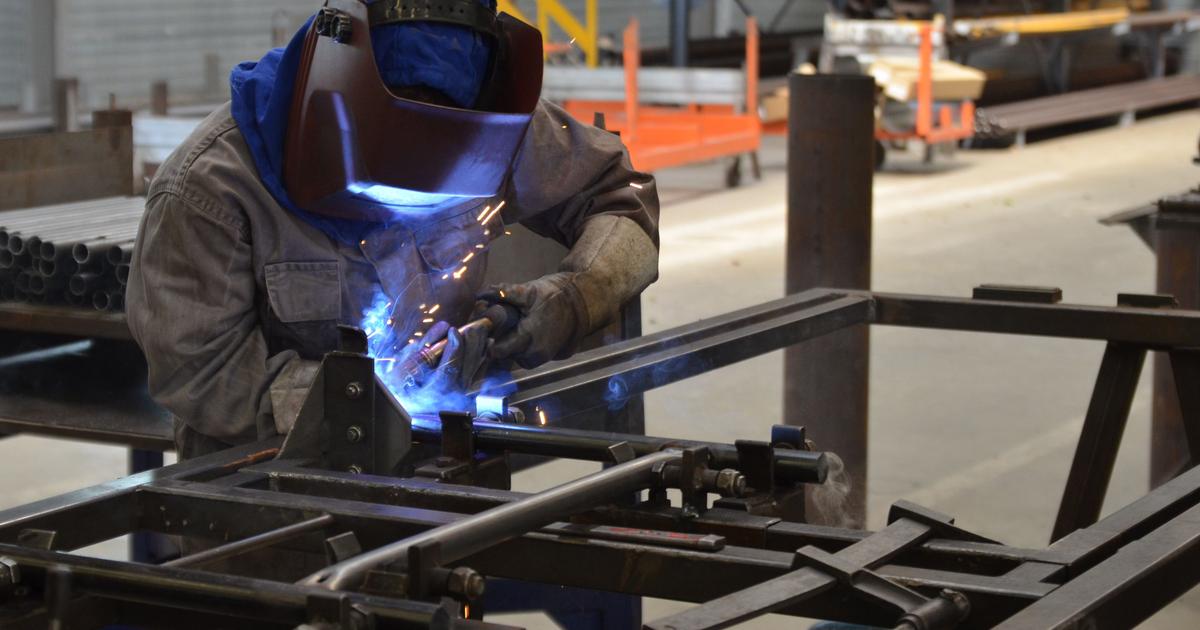The message of a young woman after leaving ICU due to covid-19 3:22
(CNN) -
Covid-19 cases have been on the rise across much of the United States, and the seven-day average of new cases on Monday was more than 300% higher than last year's Labor Day, according to data from Johns Hopkins University.
The increase in cases has resulted in overcrowded hospitals and an increase in infections among children, which is of particular concern as many students return to their classrooms.
And experts fear a holiday weekend could make things worse.
Last week, the director of the US Centers for Disease Control and Prevention (CDC), Dr. Rochelle Walensky, advised unvaccinated Americans not to travel during the holidays. and reminded vaccinated people that the high rate of transmission of the virus meant that travel could also be risky for them.
The risk was seen last year, when cases increased in 31 states and the positivity rate increased in 25 of them just two weeks after the Labor Day holiday.
Questions from the audience about the coronavirus: Is the covid-19 that a person develops after the first dose of the vaccine stronger?
A big difference between this year and last is the most transmissible delta variant.
Another is that Americans over the age of 12 can receive highly effective covid-19 vaccines, which experts say is the best defense against the virus.
But only 53% of the total US population is fully vaccinated, and only 62% of eligible Americans are, leaving tens of millions very vulnerable.
advertising
"Here's the bottom line: everyone I'm hospitalizing is not vaccinated. In general, across the country, we don't need to hospitalize people who have received both doses of the vaccine," said Dr. Megan Ranney, Professor of Medicine at Emergency and Associate Dean of Public Health and Brown University.
"This is a disease of the unvaccinated at this time."
Alabama, Wyoming, Idaho, Mississippi and West Virginia have less than 40% of their populations vaccinated, according to the CDC.
Two of those states, Alabama and Mississippi, are also dealing with their ICU utilization of more than 90%.
Georgia, Arkansas, Texas and Florida join those states in less than 10% of ICU capacity, according to data from the US Department of Health and Human Services.
"The moral for everyone is to get their shots and certainly wear a mask for that extra layer of protection if they are in indoor public spaces right now," Ranney said.
Many students go back to school without school nurses
Experts have encouraged adults to get vaccinated to protect young children returning to school.
"The way to protect children who, due to their age, cannot yet be vaccinated is to surround the children, be it with friends, family, school teachers, school personnel, surround the children with vaccinated people," The director of the National Institute of Allergy and Infectious Diseases, Dr. Anthony Fauci, told CNN on Sunday.
The situation is even more worrisome as it is estimated that a quarter of the schools to which students return do not have a school nurse.
The CDC recommends that schools have one full-time nurse for every 750 students.
How to protect children under 12 from covid-19, according to Dr. Fauci
According to the most recent data from a national study of school nurses, published in the
Journal of School Nursing
in 2018, approximately 39% of schools employ full-time nurses and about 35% employ part-time school nurses, while that 25% do not employ school nurses. Experts emphasize that the country has had a shortage of school nurses for years, but the pandemic now sheds light on how severe the shortage has become.
Schools in rural regions appear to be "significantly more likely" than schools in urban areas to report having no nurses, according to the study published in the
Journal of School Nursing
in 2018. In that study, 23.5% of rural schools report no nurse compared to 10.3% of urban schools.
"Funding is a key issue. There is an inconsistent hodgepodge of state and local funding that puts small rural school districts at a disadvantage with inadequate tax bases," Laura Searcy, pediatric nurse practitioner and former president of the National Association of Nurse Practitioners, told CNN. pediatric and member of the American Association of Nurse Practitioners.
"And in those areas there is also likely to be a shortage of primary care pediatric health care providers."
West Virginia Governor frustrated at pace of booster shots
Meanwhile, the US Food and Drug Administration (FDA) will meet on September 17 to discuss covid-19 booster vaccines.
Last month, the White House said that people who received the two two-dose mRNA vaccines made by Pfizer / BioNTech and Moderna can receive boosters starting September 20.
In West Virginia, Gov. Jim Justice said Monday that he is eager for booster shots to be deployed.
"If we could get the go-ahead from our government to absolutely start administering these booster vaccines, we would be on that and do it right away," Justice said.
"We are ready".
Justice accused the federal government of preventing West Virginia from leading its response to the covid.
"We have people who have been around for more than six months and who are 60 and older who need the booster shot. And we can't give it to them because we're being held back by, you know, the nation and the federal level right now," Justice said.
On Sunday, Fauci predicted Moderna could launch its booster dose later than Pfizer.
With the possible temporal discrepancy, researchers are investigating whether different types of covid-19 vaccines can be mixed and matched.
Pfizer's Vaccine Produces Fewer Antibodies in Older People Compared to Moderna's, Study Finds
"We are aligning Pfizer with Pfizer, Pfizer with Moderna and vice versa," Fauci told Weijia Jiang on CBS's "Face the Nation" on Sunday.
"Hopefully, within a reasonable period of time, measured in a couple of weeks, we will have that data."
At this point, it's okay for healthy, vaccinated Americans to wait and see what the CDC and FDA have to say before getting a booster dose, said CNN medical analyst Dr. Leana Wen.
The most important thing right now is that the unvaccinated get their first two doses, he added.
CNN's Deidre McPhillips, Jacqueline Howard and Hannah Sarisohn contributed to this report.
Covid-19









